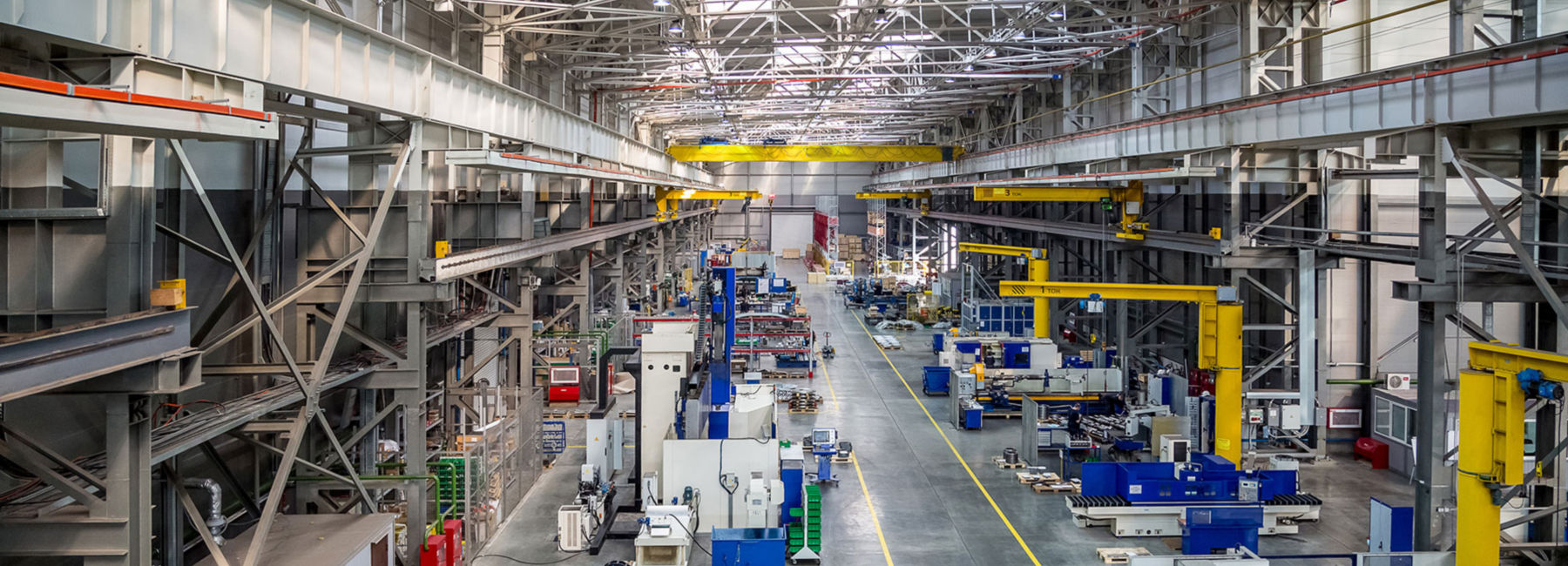Matador Group knew it wanted to more quickly respond to market demands. The automotive system supplier also wanted a more efficient infrastructure. And it didn’t want more capital expenses. The company was able to achieve all three goals, and more, with digital transformation to a managed private cloud from DXC Technology.
“The automotive industry is highly competitive and demands an agile and adaptable IT infrastructure to incorporate change as needed.”
Mr. Igor Šuba CIO, Matador Group
Privately owned Matador Group serves the Slovak Republic, the Czech Republic and the Russian Federation, and looks to be a reliable and technologically best-equipped supplier beyond the borders of Central and Eastern Europe (CEE). To do so, the company puts a strong emphasis on internal research, development and design capabilities so it can continually develop new products and services and become the first choice for customers.
Gaining a competitive edge with agile IT
“The automotive industry is highly competitive and demands an agile and adaptable IT infrastructure to incorporate change as needed,” says Mr. Igor Šuba, CIO, Matador Group. “We rely on the proven IT expertise of DXC to provide continual innovation and modernisation to keep us at the forefront of technology.”
Maintaining cost efficiency and reducing capital expenses is imperative in the automotive industry. Matador understood that outsourcing its IT functionality is a good way to avoid new CAPEX, transform IT costs to OPEX and maintain a state-of-the-art infrastructure. Moving to an as-a-service model allows the company to consume services only as needed, saving money.
“What we get is quality, highly responsive IT expertise and guaranteed 24x7 infrastructure reliability and stability, at a fraction of the cost of purchasing and maintaining our own multiple data centres,” Mr. Šuba says. “DXC knows our processes extremely well and is our proven partner in support of critical new business initiatives.”
“Our support service level agreement calls for prompt resolution, and that is what DXC delivers. They’re the only IaaS [infrastructure-as-a-service] vendor that met our rapid response requirements.”
Mr. Igor Šuba CIO, Matador Group
Bringing acquisitions online and on the run
Šuba estimates that Matador acquires or starts a new company approximately once a year. With DXC managing the transition of the new people and processes, it now takes just under 8 weeks to get a new location up and running under the Matador Group banner. Quickly incorporating the new company allows new Matador products to come onto the market more competitively.
“As important as our improved stand-up speed is the fact that we get guaranteed cost and time estimates, so we can plan accordingly and accurately report costs to the shareholders. We have completely eliminated the classic problem of unexpected expenditures and secondary costs. We can accurately budget and plan our growth,” adds Mr. Šuba.
Value delivered
DXC supports five Matador companies consisting of over 1,500 employees in seven cities and three countries. The managed data centre is hosted in the Slovak Republic with a DXC system manager onsite at Matador.
“Our support service level agreement calls for prompt resolution, and that is what DXC delivers,” says Mr. Šuba. “They’re the only IaaS [infrastructure-as-a-service] vendor that met our rapid response requirements. In addition, they’ve completed the entire transition to the managed private cloud in less than 5 months, while maintaining full business continuity.”
“As important as our improved stand-up speed is the fact that we get guaranteed cost and time estimates, so we can plan accordingly and accurately report costs to the shareholders. We have completely eliminated the classic problem of unexpected expenditures and secondary costs. We can accurately budget and plan our growth.”
Mr. Igor Šuba CIO, Matador Group
A successful journey with DXC
The relationship with DXC has been successful and fruitful. Matador transitioned to the cloud in a phased approach: first supporting its own infrastructure, then networking, then the data centre, and it is currently completing the move to a managed private cloud.
“Our savings have been very significant. We literally no longer have any CAPEX for IT infrastructure,” says Mr. Šuba.
